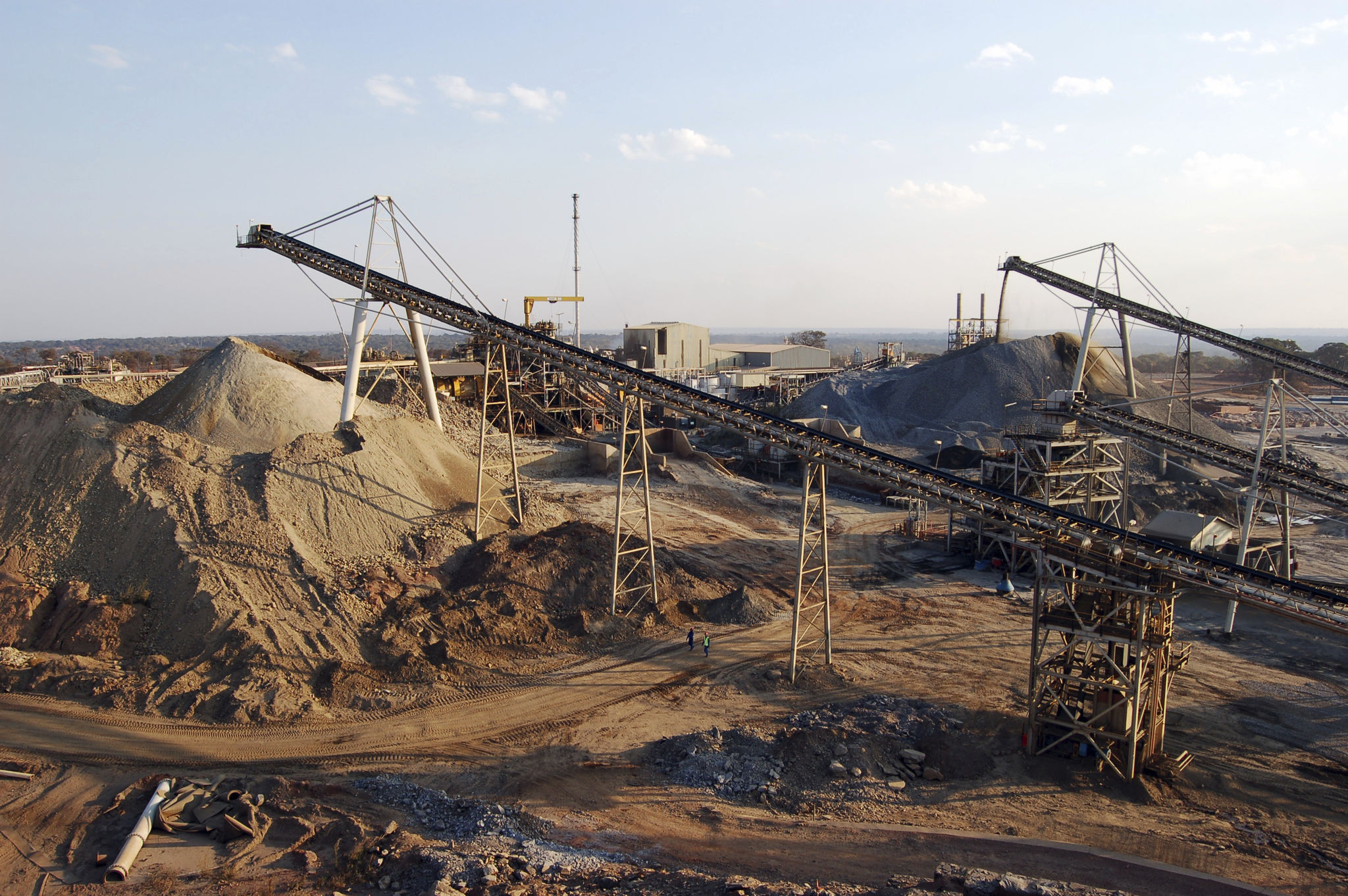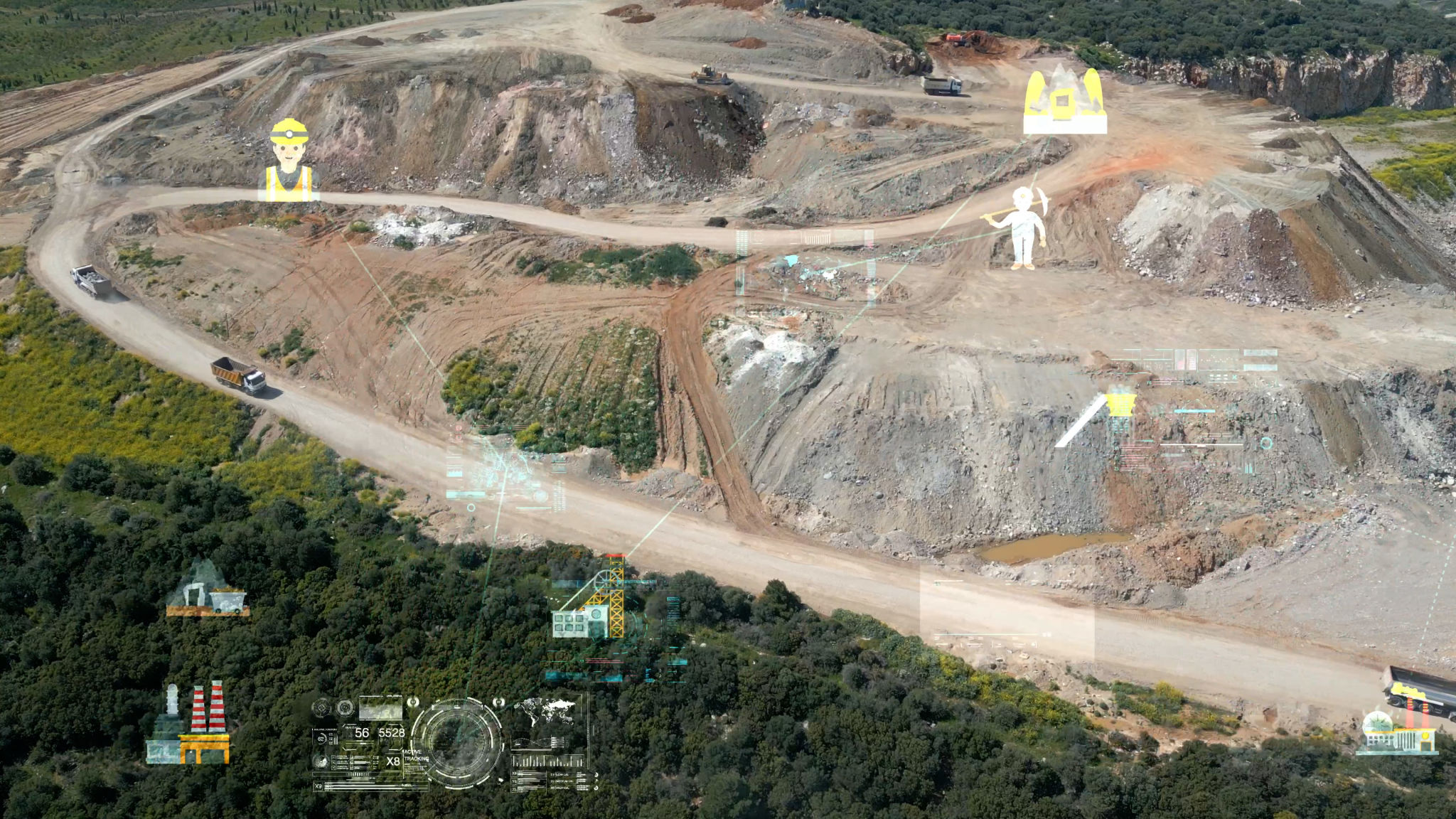Understanding the Impact of Local Regulations on Mineral Exploration in Zambia
Understanding Local Regulations
Mineral exploration in Zambia has become a significant contributor to the country's economic development. However, the process is heavily influenced by various local regulations that guide prospecting, extraction, and environmental management. Understanding these regulations is crucial for both local and international companies looking to invest in Zambia's rich mineral resources.
Regulations in Zambia are designed to ensure that mineral exploration is conducted responsibly and sustainably. These laws aim to balance economic growth with the protection of the environment and community interests. For companies, navigating these regulations is often a complex task that requires careful planning and compliance.

The Licensing Process
One of the first steps in mineral exploration is obtaining the necessary licenses. In Zambia, companies must secure exploration licenses before any prospecting activities can commence. These licenses are issued by the Ministry of Mines and Minerals Development and are subject to strict conditions.
The licensing process involves several stages, including application submission, review, and approval. Companies must provide detailed information about their exploration plans, which are assessed for environmental impact and feasibility. Failure to comply with licensing requirements can result in penalties or suspension of operations.
Environmental Considerations
Environmental regulations play a critical role in shaping mineral exploration activities in Zambia. The Environmental Management Act mandates that companies conduct Environmental Impact Assessments (EIAs) before starting any significant exploration project. These assessments evaluate potential environmental risks and propose mitigation strategies.
The government of Zambia places a strong emphasis on protecting natural resources and ensuring that mining activities do not harm local ecosystems. Adherence to environmental regulations is not only a legal requirement but also a vital component of corporate social responsibility.

Community Engagement
Beyond legal compliance, engaging with local communities is essential for successful mineral exploration in Zambia. Community consultation is often required as part of the licensing process, ensuring that local populations are informed and involved in decision-making processes.
Companies are encouraged to develop community engagement strategies that foster trust and collaboration. This includes addressing community concerns, providing employment opportunities, and investing in local infrastructure. Positive community relations can significantly impact the smooth operation of exploration projects.
Challenges and Opportunities
Navigating local regulations in Zambia presents both challenges and opportunities for mineral exploration companies. While regulatory compliance can be demanding, understanding and adhering to these laws can lead to sustainable and profitable operations.
The Zambian government continues to refine its regulatory framework to attract investment while ensuring responsible mining practices. Companies that prioritize compliance, sustainability, and community engagement are better positioned to succeed in this dynamic environment.

In conclusion, comprehending the impact of local regulations on mineral exploration in Zambia is essential for any stakeholder in the mining industry. By aligning business practices with regulatory requirements, companies can contribute positively to Zambia's economic growth while preserving its natural and social environment.
